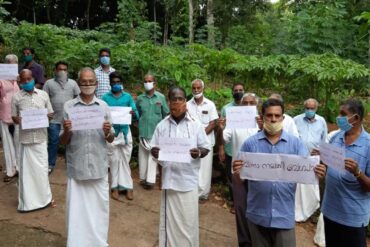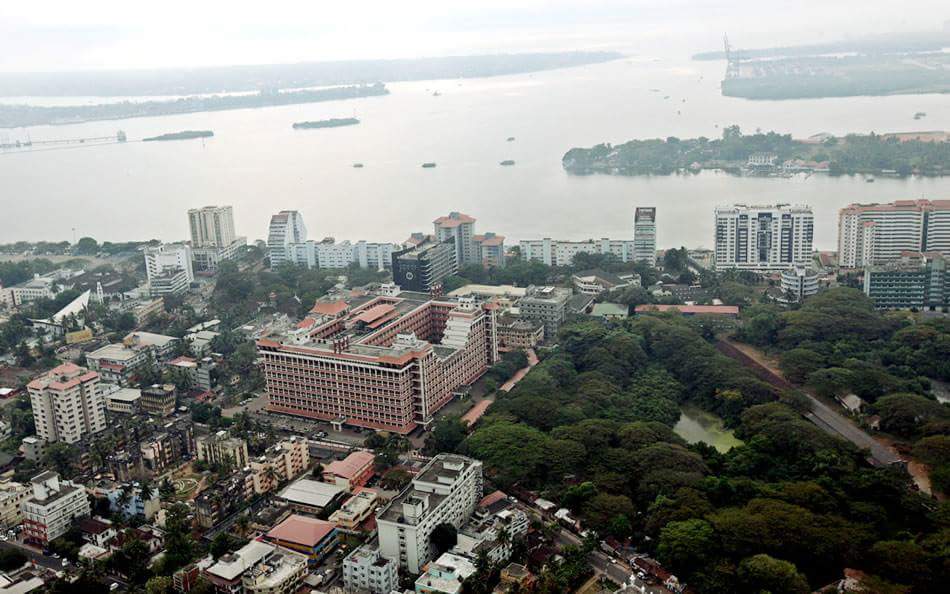India has done well to keep the Covid-19 mortality rate to the world’s lowest, but it cannot claim any success in restricting the cost of doing this. It may have saved lives, but as long as it is not on a sustainable basis, the achievement is meaningless. Death due to deprivation is by no means preferable to death from the virus attack.
Modi government’s response to the economic fallout of the virus attack so far has been nondescript. The long-promised stimulus package to help people in distress is yet to see the light of the day. In fact, the prime minister’s consultations in this regard seem to be an endless process. Modi seems to be making up for the lack of consultations that brought him huge embarrassment due to the failure of his ill-conceived demonetisation, which he announced unilaterally and without seeking any professional advice. Now, it is the other extreme, when rounds and rounds of consultations are going on as a daily routine in search of a possible revival strategy, but with no tangible results to show.
It is most likely that, after all these rounds, the government might come out at best with a ‘bureaucratic’ solution that will touch just the periphery of the problem at hand. Finance Minister Nirmala Sitharaman, who is supposed to be in charge of working out a strategy, is known more for her knack for complicating even simple things and any expectations of a decent job from her would seem to be misplaced.
Desperate situations demand desperate responses, but so far the Modi government has responded to the economic fallout of coronavirus outbreak in its typical bureaucratic approach. The problem at hand is too grave and complex that such a response will simply fail to make any breakthrough.
It is true that Modi’s fateful demonetisation had wreaked havoc with the economy and lives of people and we are yet to fully overcome its far-reaching shock. But the havoc caused by demonetisation will be nothing in comparison to what the lockdown has already done and will do in the coming days. Economic life has been completely disrupted, posing grave threat to the process of production, which has been thrown out of gear and it will take a mammoth effort to restore it.
The typical government approach in such situations has been to concentrate on the organised sector, which is relatively easier to manage, but such efforts hardly touch the informal economy, which comprises nearly 90 per cent of the country’s economy but receive little consideration.
Any stimulus package to become meaningful has to concentrate on the informal economy, which lies outside the bureaucratic universe, and therefore is most likely to be ignored in any government scheme for economic revival. The key to India’s growth lies not in the organised sector and the large factories, but in millions of neighbourhood units that keep the wheels of the economy moving.
Livelihoods have been lost and in all probability there is likely to be a massive reverse flow of labour towards the countryside, completely stalling the wheels of the informal economy. The massive influx of migrant labour will create its own social and economic tensions in rural India, but its implications for the process of national production are going to be huge.
A realignment of productive forces is going to take time to materialise and the opportunity loss is not difficult to imagine. In essence, everyone has to start from the scratch and the process is going to be extremely painful.
The economy is in need of another kick-start and the government needs to think out of the box to come up with a meaningful strategy. The traditional approach will not do.
The massive disruption caused by the lockdown has reduced the vast majority of people to penury, neutralising their ability to contribute anything to the national economy. Any revival strategy has to aim to bring them back into the process of national production.
A staring point is to put money in their hands so that they can buy their daily essentials, which will in turn induce demand. We have seen how, even before the outbreak of coronavirus, lack of demand was killing the economy and whatever the government had done to revive demand had proved to be too little and too late.
If the government’s thinking continues to be constrained by traditional approaches in terms of budgeting, monetary policy and the so-called prudential norms, its revival packages will end up achieving the same results that their predecessors did. If it takes printing of money to put it in the hands of people, let it be so. For, a dead economy cannot do anything, let alone grow.







